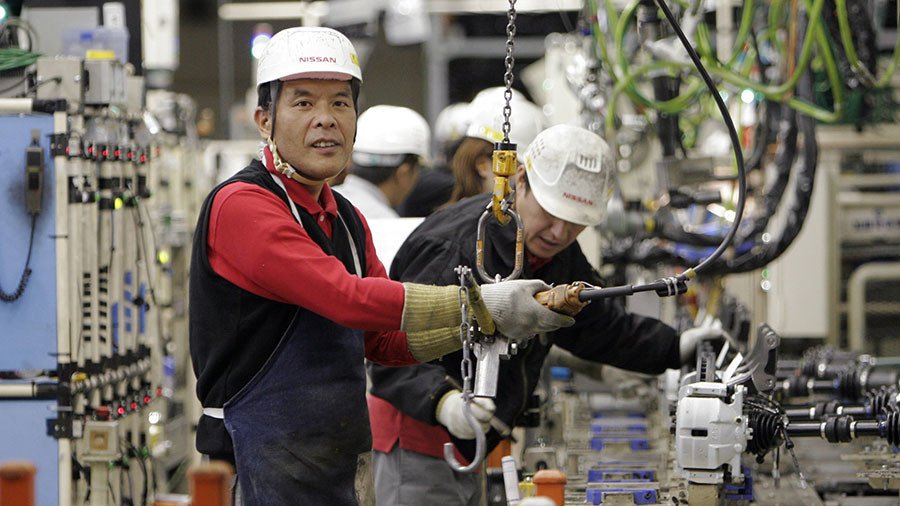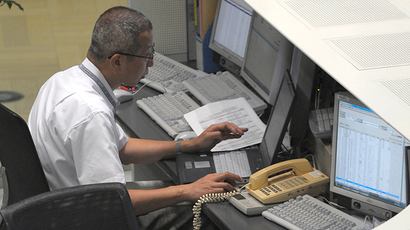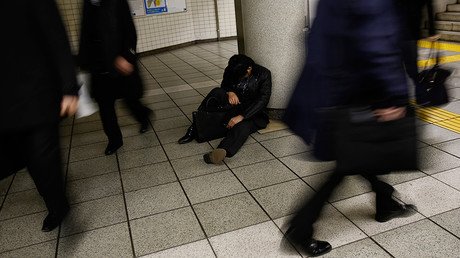Japanese workers use only half of paid holiday, feel guilty about it – survey

The stereotype of overworked Japanese employees has once again been proved true, with workers taking only half of their allotted annual leave, according to a recent survey. What’s more, they felt guilty about going on vacation at all.
For the second consecutive year, Japanese workers came in last in Expedia Japan's survey of 30 countries' work leave habits, having used only 10 of their vacation days. Not only do they rest little, but also cringe at the very thought of holidaying. Some 63 percent felt guilty for taking time off.
Their neighbors in South Korea and Singapore ranked second and third in the chart, with some 61 and 35 percent, respectively. Unlike the Asian countries, workers in Italy, Mexico and Spain had the least regret about taking some well-deserved rest.
【 #世界最下位 !日本人の #有休消化率 】2年連続で日本の有休消化率が世界最下位という結果に!さらに有休取得に罪悪感を感じる人の割合も #世界一 ! #日本人 は世界各国と比較しても休み下手という結果に.詳しくはこちら→ https://t.co/tYcesDqeR0pic.twitter.com/b9B3lzTwaz
— エクスペディア(Expedia) (@Expedia_Japan) December 11, 2017
Japanese workers said they skipped their vacations for various reasons, including “a lack of staff” and solidarity with colleagues. The survey also showed that 33 percent of Japanese respondents “did not know” whether their bosses would approve of their leave.
Conducted between September 4-15, the survey asked some 15,081 adults in 30 countries.
Japan is known for its intense working habits, with the term “karoshi” (death by overwork) sounding familiar even for non-residents. Strokes, heart attacks and suicides account for hundreds of deaths in the country each year. One of the latest examples of karoshi made headlines in October, when Japan’s labor regulators said that a 31-year-old journalist died from heart failure in 2013 after clocking in 159 hours of overtime over the course of one month.














